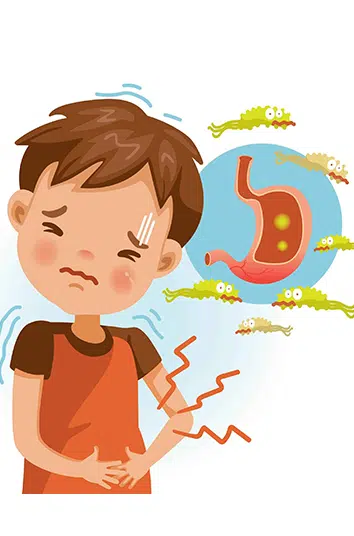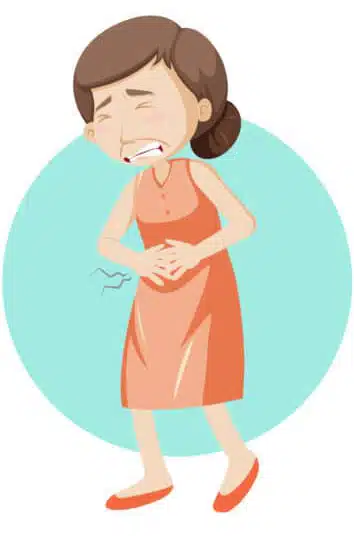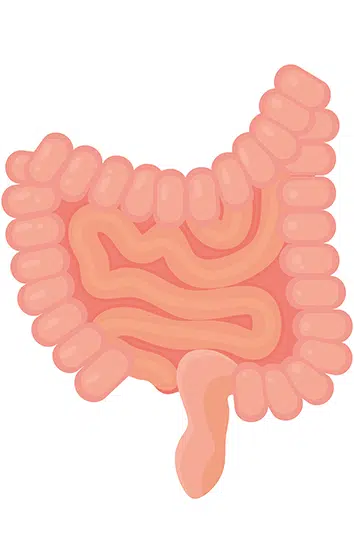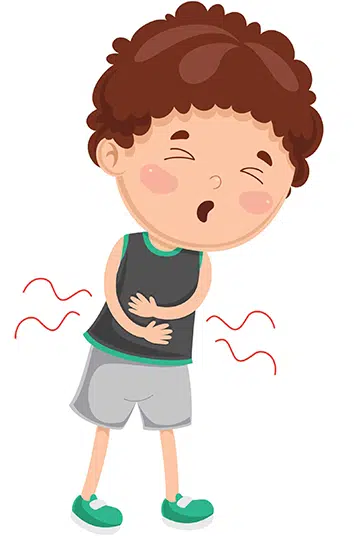Cow’s Milk Protein Allergy
Gastro Health For Kids
Gastroenterology Specialists for Children in Gainesville, GA
Cow’s milk protein allergy (CMPA) is the most common food allergy in babies. CMPA occurs when the body’s immune system abnormally reacts to a protein in the milk of cows and some other animals. It usually occurs in babies younger than 1 year of age.
The immune system normally protects our bodies from harmful pathogens like bacteria and viruses. In CMPA, the immune system mistakes a protein in cow’s milk as a harmful substance and attacks it. This immune reaction can damage the baby’s stomach and intestines.
How common is CMPA and who is at risk of developing it?
CMPA is very common. The risk of CMPA is highest in infants, occurring in 2%–3% of babies younger than 1 year of age. The risk decreases as children get older, occurring in less than 1% of children 6 years and older.
Risk factors for CMPA include having a parent or sibling with allergic disease, such as asthma, eczema, or seasonal allergies. Breastfeeding seems to protect infants from developing CMPA.
What are the different types of CMPA?
There are two types of CMPA: IgE-mediated (immediate reaction) and non-IgE mediated (delayed reaction). The two types have different symptoms.
IgE, or immunoglobulin E, is a normal antibody in the body that causes allergic symptoms (hives, rashes, wheezing, runny nose).
In immediate reaction CMPA, symptoms usually start within 2 hours of drinking cow’s milk. In delayed reaction CMPA, the symptoms happen later, from 48 hours to 1 week after drinking cow’s milk.
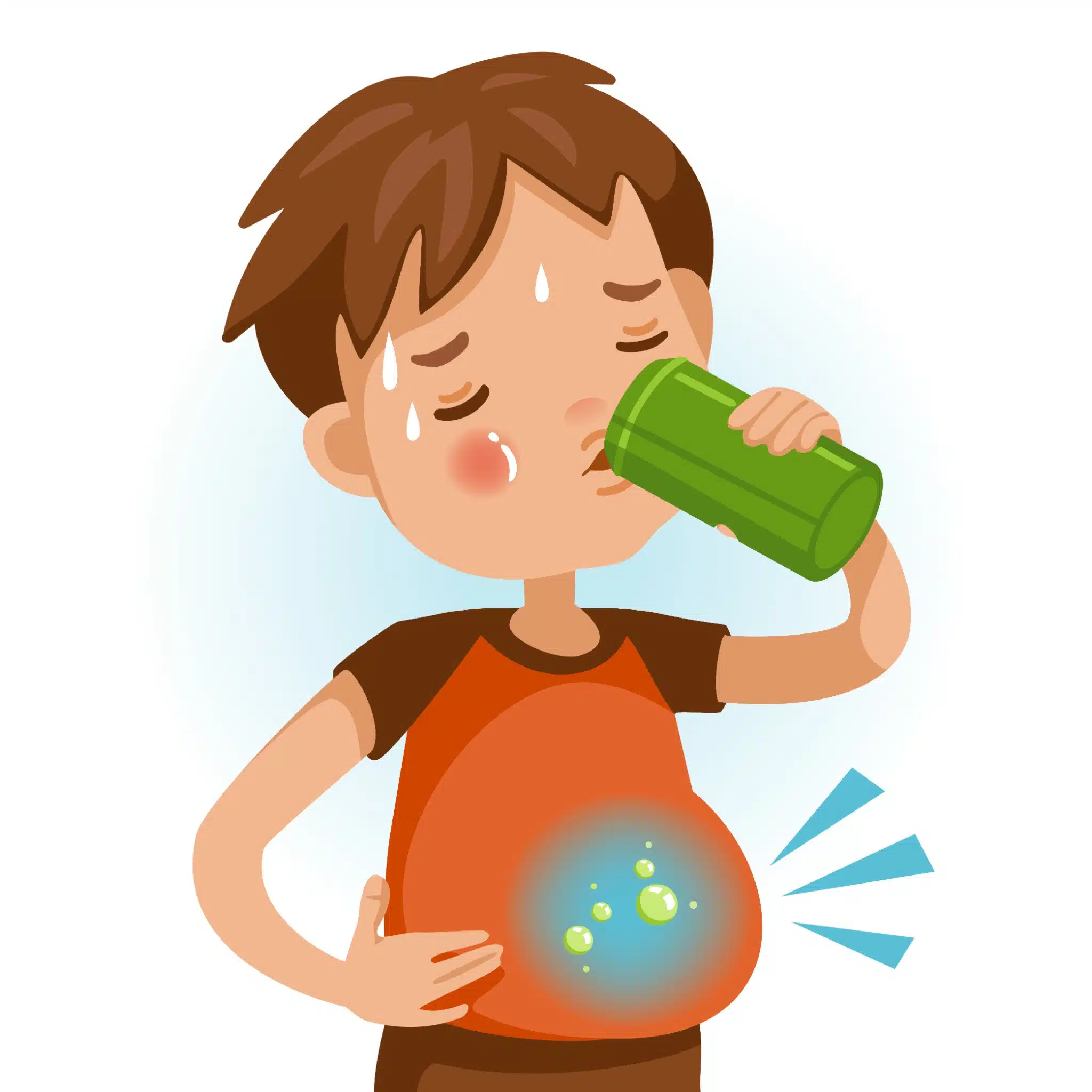
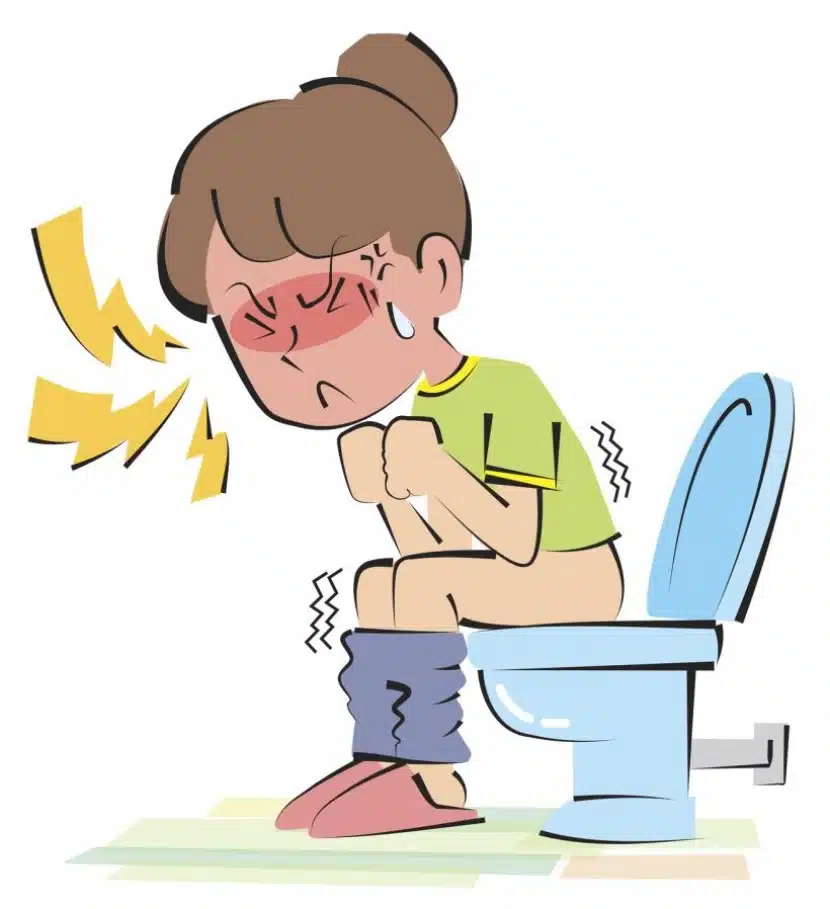
What are the signs and symptoms of CMPA?
Signs and symptoms of CMPA are very diverse. Symptoms usually develop within the first week that cow’s milk is in a child’s diet.
A child with an immediate reaction to cow’s milk protein may develop symptoms like vomiting, diarrhea, mucous and/or blood in stools, and abdominal pain. Some children may also develop a rash, runny nose or difficulty breathing.
Most infants have a delayed reaction to CMPA and show signs that involve the skin or gastrointestinal system. Gastrointestinal symptoms can again include vomiting, abdominal pain, prolonged fussing or crying (colic), blood and/or mucus in the stool, and diarrhea. See picture below. Skin symptoms include hives and eczema.
Babies can also have wheezing, irritability, facial swelling, and poor growth due to poor absorption of nutrients.
When should you contact your doctor or pediatric gastroenterologist?
If you child will not eat and has increased tiredness or lethargy, fevers, severe vomiting or diarrhea, weight loss, and blood in the stools, you should contact your doctor.
How is CMPA diagnosed?
History and physical examination are the most helpful to diagnose CMPA. Describing what your child is experiencing to the physician is very important to diagnose this condition.
The timing of symptoms in relation to when your child consumed cow’s milk protein is also key in diagnosis. Whether there is a family history of allergies, asthma, or eczema can also be helpful.
CMPA may also be diagnosed after seeing how your child responds to removing cow’s milk from the diet.
What tests are used in children to diagnose CMPA?
Checking for blood in the stool can help diagnose this disorder in infants suspected of having CMPA. Blood and skin allergy testing do not help diagnose delayed reaction CMPA. Your physician may recommend tests to exclude other problems.
The best test to diagnose CMPA is a medically monitored food challenge. This involves your child receiving increasing doses of milk while being monitored by healthcare professionals. However, this can be very hard to do considering how delayed these reactions can be.

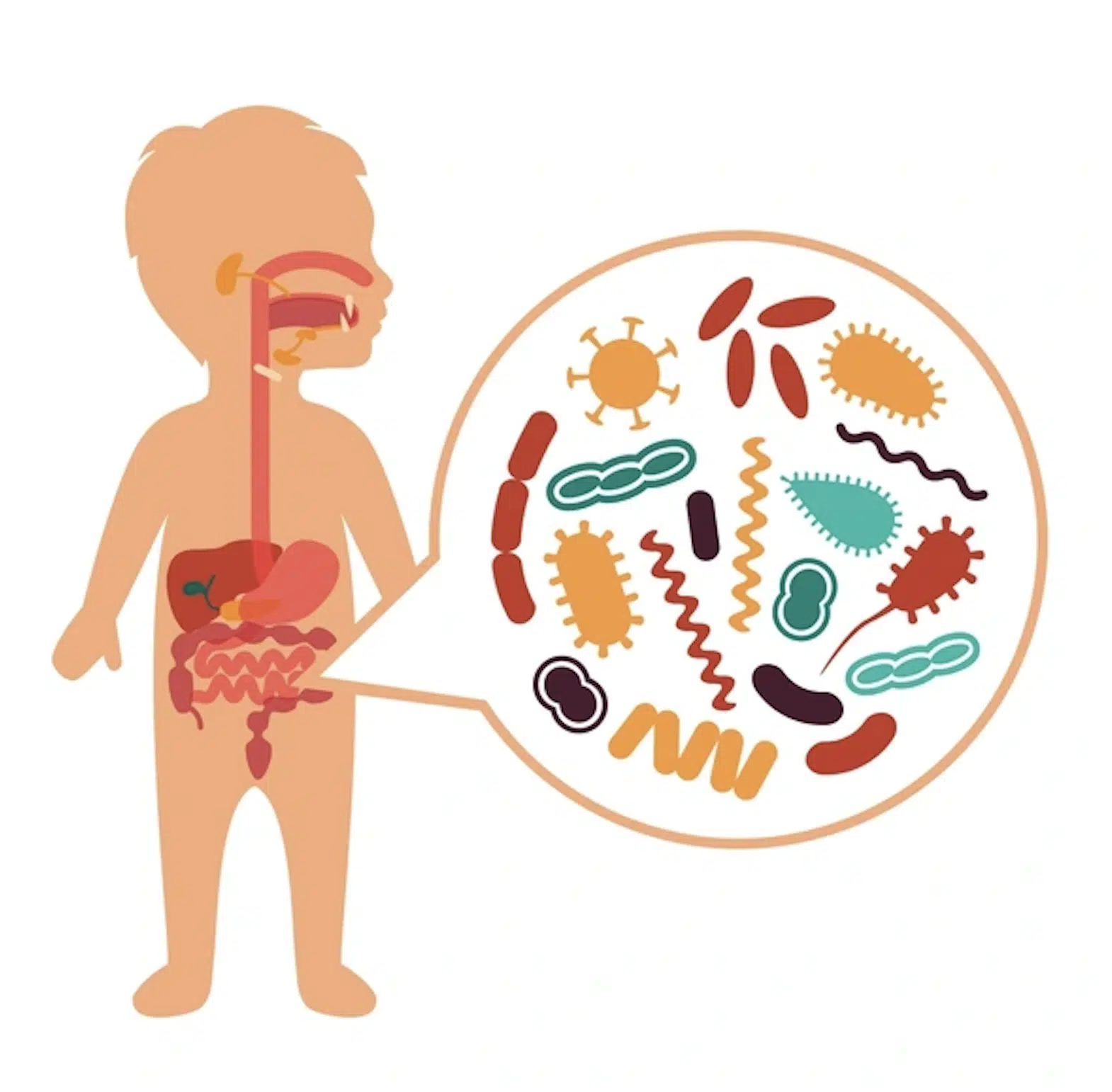
What is the treatment for CMPA?
Treatment of CMPA includes removing cow’s milk protein from your child’s diet (elimination diet). Elimination diets are usually started with formulas made from broken-down proteins (hydrolyzed formulas), which are generally more easily digested without an immune reaction.
These formulas work in about 90% of children with CMPA. In some children, it is necessary to use formulas containing the individual building blocks of proteins (amino acids).
In the case of immediate reaction CMPA that causes anaphylaxis (a serious allergic response with swelling, hives, lowered blood pressure, and, in severe cases, shock), the crucial treatment is a medicine called epinephrine. Epinephrine is usually given by an auto-injecting “pen”, or “epi pen”.
Patients with anaphylaxis need to be evaluated and monitored in an emergency room, even if the symptoms improve with epinephrine. This is because there is a risk of a “second wave” of symptoms occurring after the epinephrine wears off.
In breastfed infants with CMPA, the mother must exclude all dairy and soy products from her diet if she continues to breastfeed, as these proteins may be passed to the infant through breast milk. This may be difficult, although a dietitian can help find hidden sources of dairy and soy in the diet.
Goat’s or sheep’s milks generally elicit the same reaction as cow’s milk, so using these as a substitute is not likely to improve symptoms. Soy milk also is generally not recommended. Many infants will have similar allergic reactions to the proteins in these milks or soy-based formulas.
What can I expect if my child has CMPA?
CMPA resolves in about 90% of children by 6 years of age. At 1 year of age, 50% of infants will have tolerance to the protein, so their symptoms will be reduced. By 3 years of age, more than 75% of children will no longer have symptoms.
Most infants that are started on cow’s milk-free formulas or breastfed by a mother on a cow’s milk-free diet will need to remain on the diet for 6–12 months. At that point, the child can be challenged with cow’s milk. If there is no reaction, milk can be added back into the child’s diet.
What is the difference between CMPA and lactose intolerance?
Lactose intolerance is very different from CMPA. Lactose intolerance does not involve the immune system.
Lactose is a complex sugar present in milk products. Lactase is an enzyme produced in the small intestine that helps digest lactose. People who are lactose intolerant have low or absent levels of lactase enzyme in their gut. As a result, these people have gastrointestinal symptoms due to poor digestion of lactose sugar.
While CMPA usually affects children younger than 1 year of age, lactose intolerance is rare in children younger than 5 years of age.
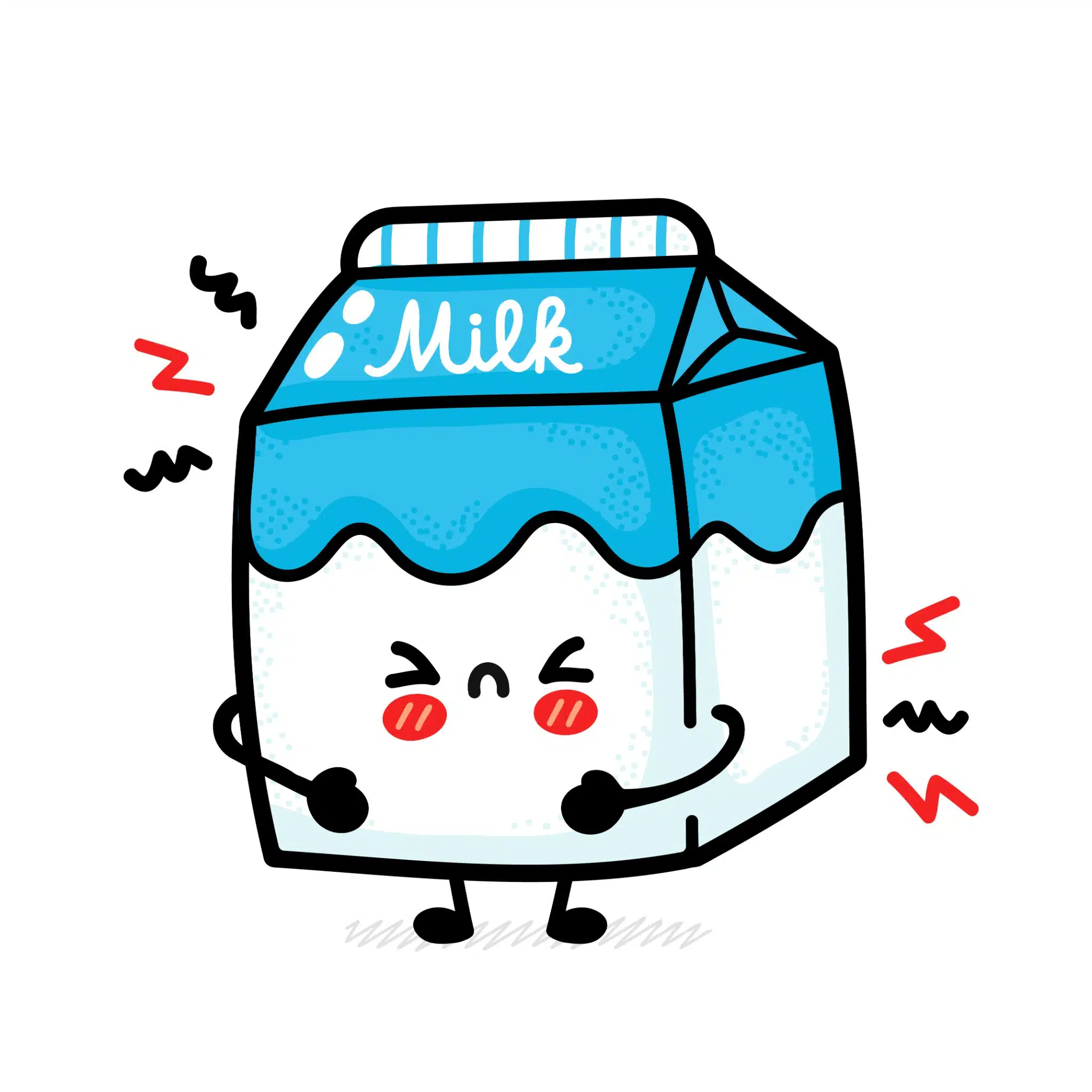

Quick Facts
- CMPA occurs when the body’s immune system abnormally reacts to a protein in cow’s milk.
- CMPA is thought to occur in 2%–3% of infants in the US and occurs in approximately 0.5% of breastfed infants.
- Risk factors for CMPA include having a parent or sibling with allergic disease, such as asthma, eczema, and seasonal allergies.
- There are no specific diagnostic tests for CMPA. The best diagnosis is made by considering a child’s history and examining symptoms. Sometimes, a monitored food challenge is used to confirm suspected cases.
- Treatment involves eliminating cow’s milk from an infant’s diet and from the diets of breastfeeding mothers. Most cases resolve on their own by 6 years of age.


